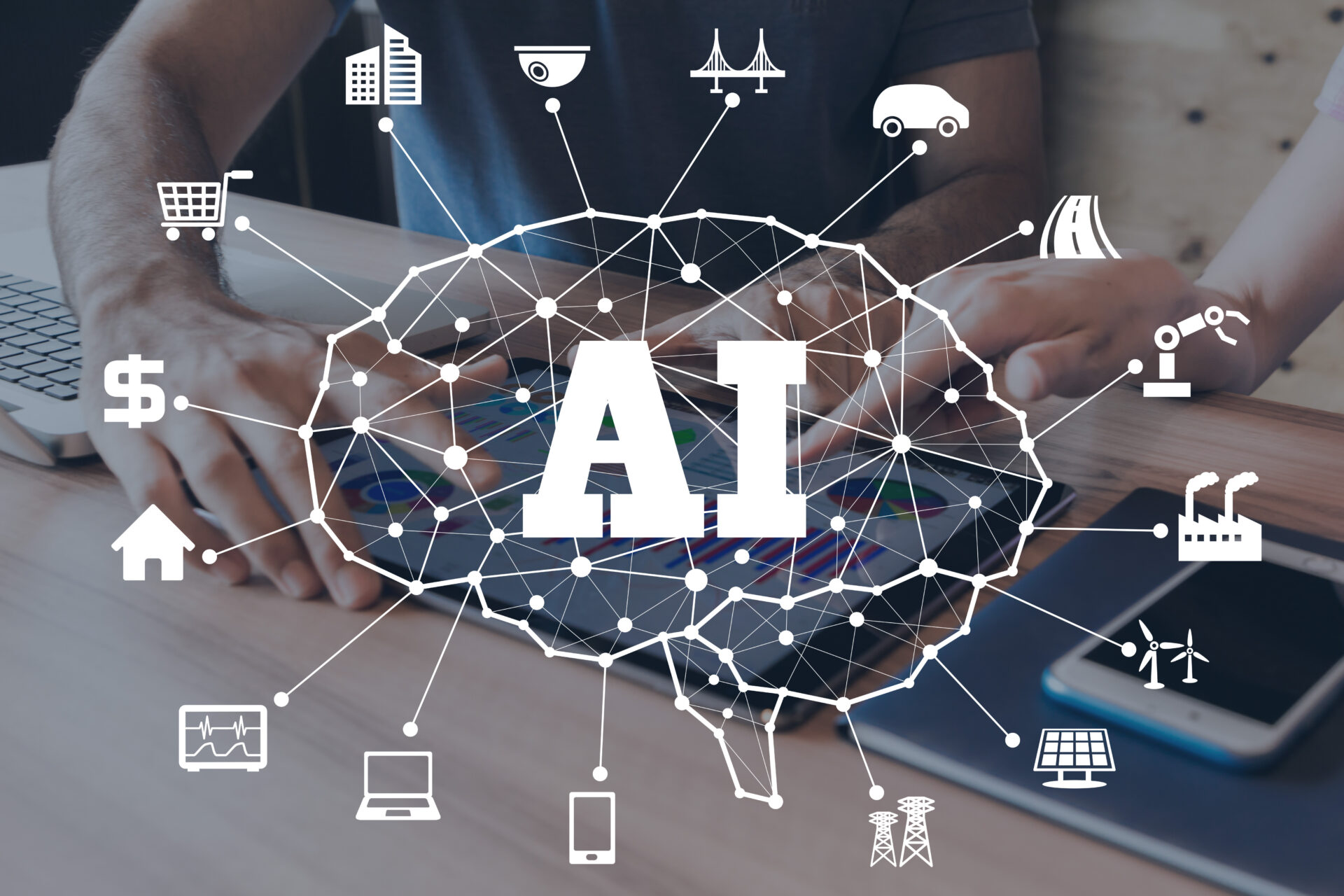AI-enabled marketing tools process mountains of data at lightning speeds to help digital marketers glean valuable marketing intelligence and drive campaign performance.
These tools can automate repetitive marketing tasks, allowing digital marketers to focus on strategy. Capturing call attribution, for example, has long been an opaque area in digital marketing, but AI can provide the answers.
Personalized Content
Personalized content can help businesses create a more meaningful connection with their customers by demonstrating that they understand their individual needs. This is a particularly effective strategy for account-based marketing (ABM) and can lead to increased customer satisfaction, retention, and conversions.
Personalization is often a complex task, but AI marketing tools can streamline the process by analyzing and predicting user preferences and behaviors. This can help marketers create a more tailored, relevant content experience for their audience while also saving time and money on data collection and content creation.
For example, a business may deliver an ecommerce email that includes product recommendations based on the user’s browsing and purchasing history, or they might use AI to recommend new music or TV shows based on their previous preferences. It is important to note that AI requires access to sensitive user data, so it is crucial to take steps to ensure that the technology being used is compliant with all privacy laws and regulations.
Automated Customer Engagement
AI marketing tools create personalized content, automate processes, and provide razor-sharp predictions. Marketers use these tools to improve customer engagement and boost ROI.
Using automated customer engagement tools saves marketers time and resources. They can also reduce operational costs and focus on identifying areas that need improvement.
For example, an AI chatbot can handle customer questions and issues, offering instant responses. It can also troubleshoot common problems and help customers through processes, such as account setup or order tracking. This automation frees up human agents, enabling them to concentrate on intricate and value-driven responsibilities.
Likewise, AI can run predictive analytics to identify future trends. This information can then be used to optimize marketing campaigns. For example, if an AI analyzes data and determines that a certain product will be in high demand, it can promote the new item to potential buyers at the optimal time. This helps businesses maximize revenue and stay ahead of the competition.
Real-Time Insights
The real-time insights created by AI marketing platforms enable digital marketers to quickly respond to changing market conditions and customer behavior. This enables them to increase the effectiveness and ROI of their marketing campaigns.
AI tools can automate and streamline repetitive tasks such as email and social media scheduling, freeing up valuable time to devote to strategic planning and creative endeavors. This can also lead to cost savings by reducing the need for human employees to perform these tasks.
For example, beauty brand Sephora leveraged an AI-powered chatbot to dispense personalized beauty advice on Kik in 2017. The bot asks customers to choose products based on their preferences, helping them narrow down the selection of cosmetics available and increasing customer satisfaction. Other AI marketing tools can help marketers forecast sales and analyze data, allowing them to optimize their campaigns for maximum impact. By analyzing historical data, AI can predict trends and make recommendations for future marketing strategies.
Data-Driven Decisions
Using AI, marketers can create marketing campaigns that are personalized to specific groups of people. The AI will analyze the data and then select the appropriate content to send to that group, including product suggestions, ads, or other promotional offers.
Cost reduction and efficiency: AI-powered marketing tools can automate tasks like lead scoring and social media posting, saving time and resources for marketers. This frees up marketing teams to focus on strategy and creativity.
Personalization: AI-powered personalization software uses machine learning algorithms to analyze customer behavior and preferences to create personalized content, boosting conversion rates.
Speed and agility: AI marketing platforms can make real-time adjustments to ad campaigns in response to changes in consumer behavior and market conditions. This improves campaign performance, driving higher ROI and customer engagement. AI also makes it possible for marketers to quickly scale up or down their marketing budgets as needed. This flexibility can help smaller businesses compete more effectively with larger competitors.

